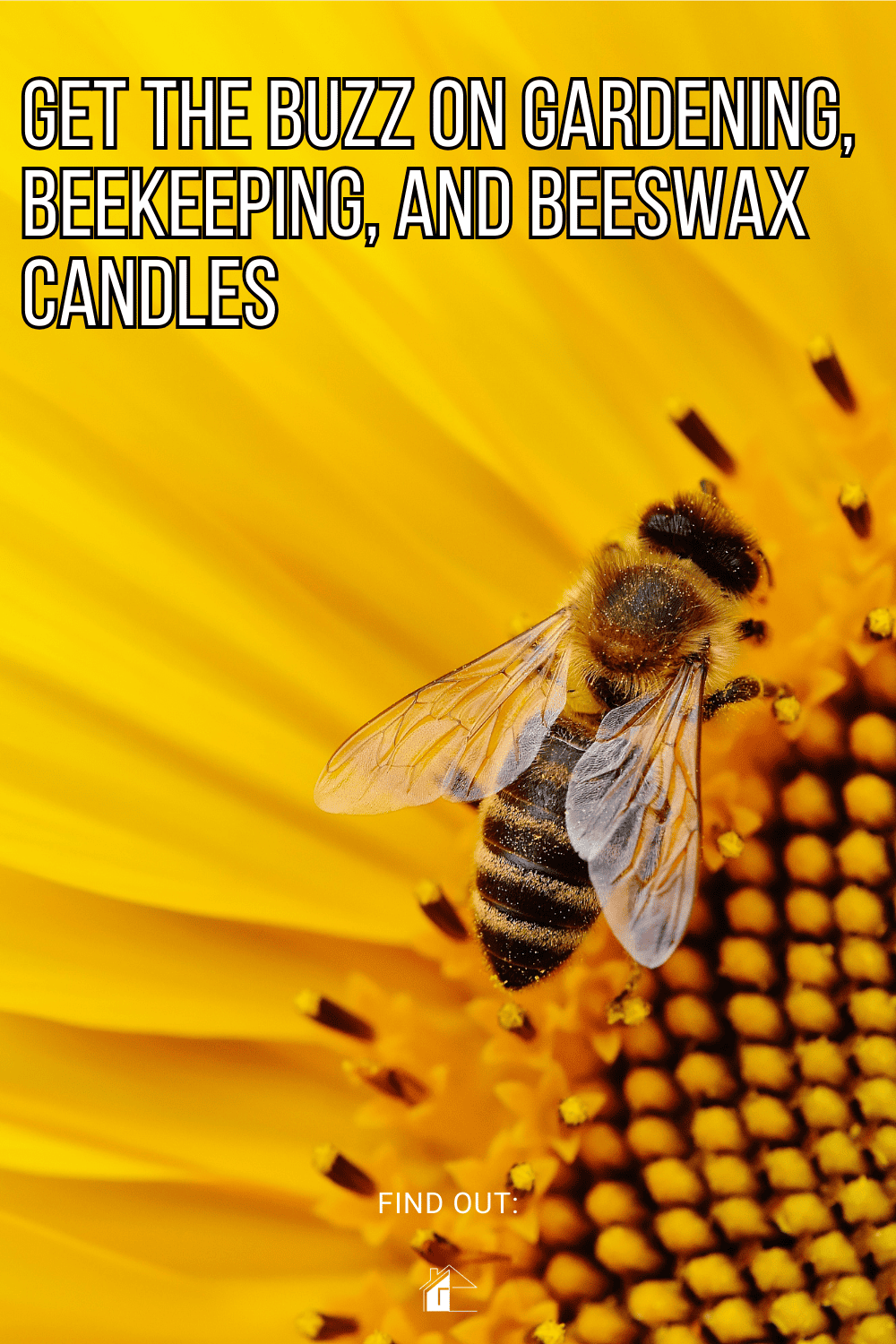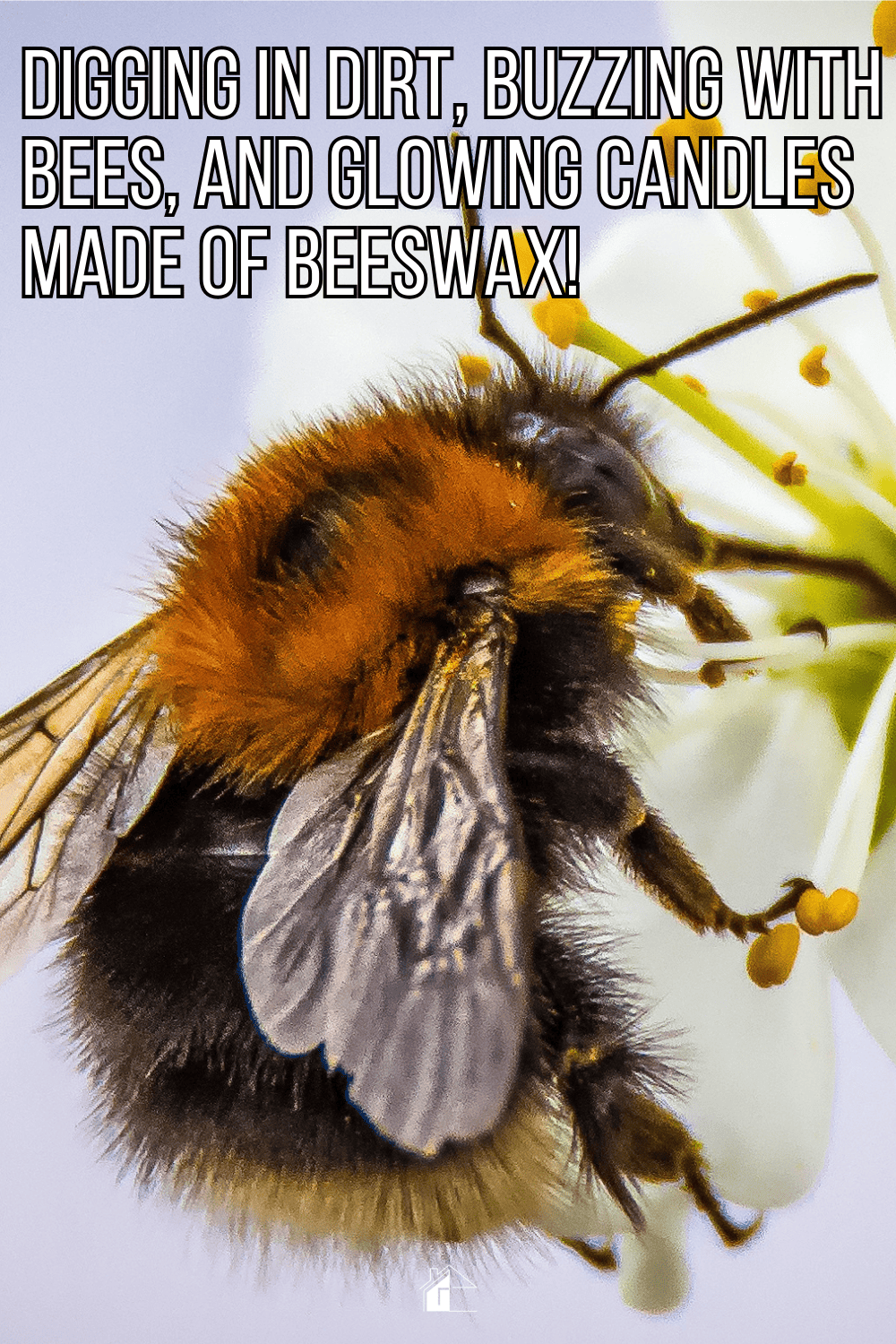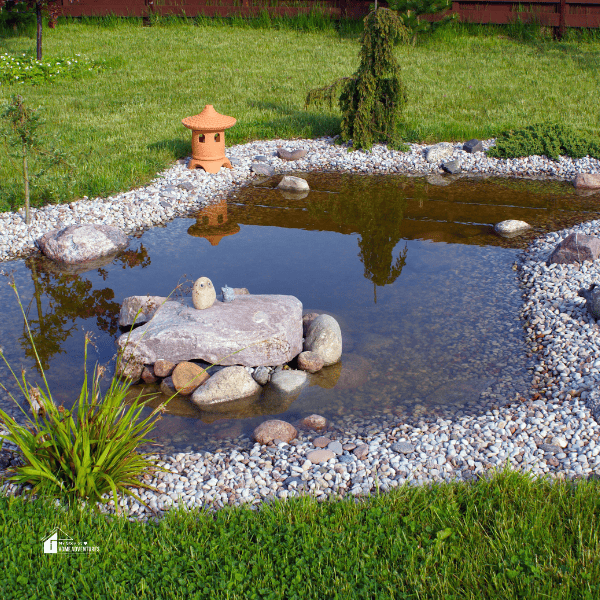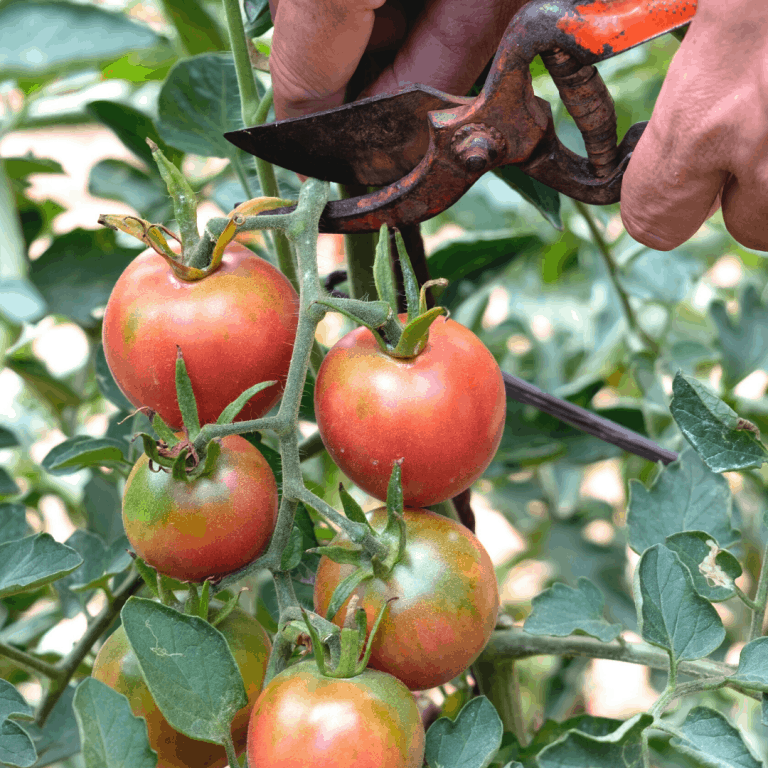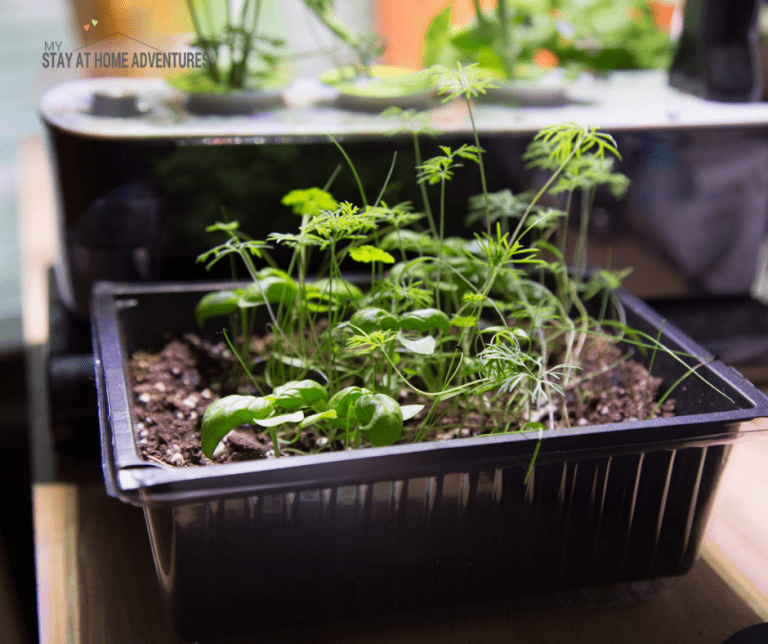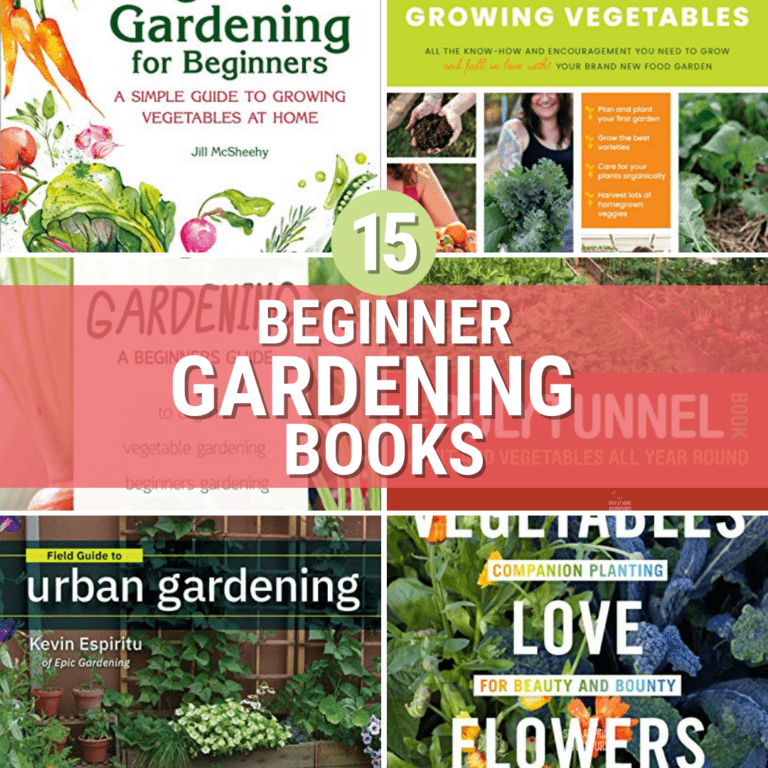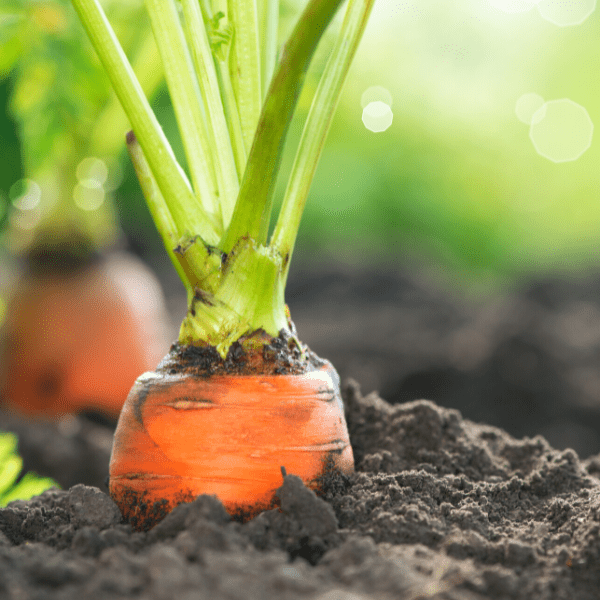Sustainable Living: Gardening, Beekeeping, and Beeswax Candles
This post may contain affiliate links which might earn us money. Please read my Disclosure and Privacy policies hereIn an era where our planet's health is paramount, sustainable living has transitioned from being a mere buzzword to an essential lifestyle choice. At its core, sustainable living refers to a lifestyle that seeks to reduce an individual's or society's use of Earth's natural resources and one's resources.
It's about making conscious decisions that minimize our environmental footprint, contributing towards a greener and more sustainable future.
Our actions directly impact the environment and biodiversity, affecting everything from climate change to wildlife populations. Living sustainably can help slow global warming, protect our ecosystems, and preserve the planet for future generations.
This brings us to the crux of our discussion: Sustainable Living through Gardening, Beekeeping, and Beeswax Candles. While seemingly diverse, these three practices are interconnected in the grand scheme of sustainability.
Gardening contributes to local ecosystems and reduces carbon emissions when done organically and responsibly.
Beekeeping supports our struggling bee populations, which are crucial for pollination and overall biodiversity.
And lastly, beeswax candles – a natural by-product of beekeeping – offer a sustainable alternative to conventional paraffin candles, promoting a healthier home environment.
Join us as we delve deeper into these fascinating topics, exploring how they contribute to a sustainable lifestyle and how you can incorporate them into your own life.
Let's embark on this journey towards sustainability together!
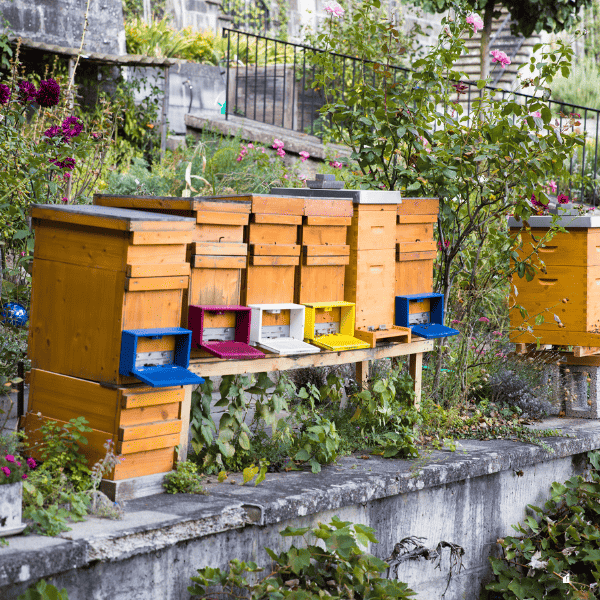
Sustainable Gardening
Gardening is not only a relaxing and enjoyable hobby, but it also has significant benefits for the environment. Growing your fruits, vegetables, and herbs reduces your carbon footprint by reducing food transportation emissions.
Sustainable gardening is the practice of growing plants in an environmentally responsible way. It uses natural and organic methods to cultivate healthy soil, conserve water, and promote biodiversity.
Aside from reducing carbon emissions, sustainable gardening also helps in conserving resources like water and energy. By using techniques such as rainwater harvesting and companion planting, you can reduce your household's water usage and decrease your reliance on energy-intensive methods of pest control.
Moreover, sustainable gardening promotes biodiversity by providing habitats for native plants and animals. By incorporating pollinator-friendly plants into your garden, you can support struggling bee populations, which are essential for crop pollination and overall ecosystem health.
Tips and practices for sustainable gardening at home.
There are various ways to make your home garden more sustainable. Here are some tips and practices you can incorporate into your gardening routine:
- Start a compost pile for organic waste, which serves as a natural fertilizer for your plants.
- Use rain barrels to collect and store rainwater for watering your garden.
- Practice companion planting by growing mutually beneficial plants together, such as marigolds, to deter pests from your vegetables.
- Avoid synthetic pesticides and use natural alternatives like neem oil or insecticidal soap.
- Plant native species to support local biodiversity and reduce water usage.
Pollinators like bees and butterflies are crucial in maintaining healthy ecosystems and food production. Pollinating plants they help produce fruits, seeds, and other foods that sustain numerous animal species.
Unfortunately, pollinator populations are declining due to habitat loss and pesticide use. By incorporating pollinator-friendly plants into your garden and avoiding harmful chemicals, you can help support these essential creatures.
Beekeeping: A Sustainable Solution
As vital pollinators, bees play a crucial role in maintaining the health and biodiversity of our planet. However, bee populations worldwide have been declining due to various factors such as habitat loss, pesticide use, and climate change.
Beekeeping, also known as apiculture, raises and cares for bees in artificial hives. It provides us with the delicious honey we enjoy and plays a significant role in promoting biodiversity and sustainable practices.
By keeping bees, beekeepers help maintain healthy bee populations, which are crucial for pollination and food production. Additionally, beekeeping supports the local ecosystem by providing habitats for wild bees and other pollinators.
Aside from promoting sustainability and supporting bee populations, backyard beekeeping has numerous personal benefits. Some of these include a closer connection to nature, improved mental well-being through stress relief, and the satisfaction of producing your honey and beeswax.
Moreover, beekeeping can also be profitable for those interested in selling honey or other hive products. However, it's crucial to prioritize the well-being of your bees and their impact on the environment above any potential profits.
Steps to start beekeeping at home.
If you're interested in starting beekeeping at home, here are the basic steps you can follow:
- Research and educate yourself on beekeeping practices and local regulations.
- Acquire or build a hive and necessary equipment.
- Source your bees from a reputable supplier or catch wild swarms.
- Monitor your hives regularly for signs of disease or pests and take necessary measures to protect your bees.
- Harvest honey and other hive products responsibly, leaving enough for your bees to survive and thrive.
Beekeeping in your home garden is not only a rewarding hobby but also contributes to sustainability and supports our struggling bee populations.
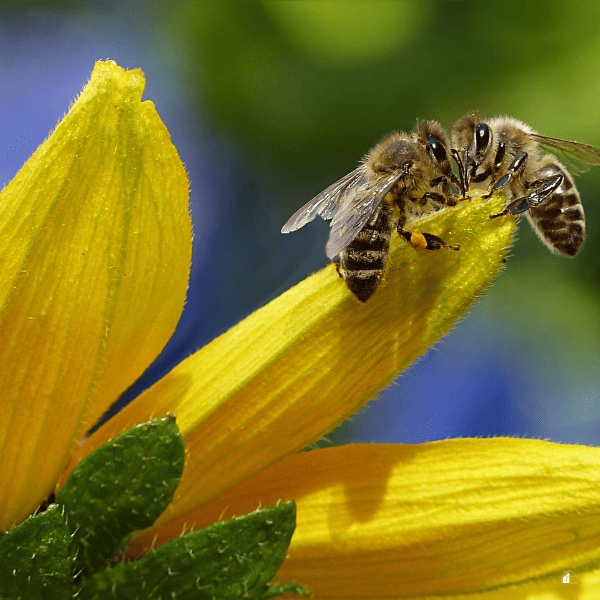
The Role of Bees in the Garden
Besides their essential role in pollination, bees also contribute to sustainable gardening practices in various ways. Here are some benefits of having bees in your garden:
- Pest control: Bees help control pest populations by eating pests like aphids and mites.
- Soil health: As they collect nectar and pollen, bees inadvertently spread beneficial microbes that improve soil health.
- Honey and beeswax production: Bees provide us with delicious honey and beeswax, which can be used in various eco-friendly products like candles.
By creating a welcoming habitat for bees in your garden, you not only support their populations but also improve the health and productivity of your plants.
So why not consider incorporating bee-friendly practices into your sustainable gardening routine?
Tips on creating a garden that attracts bees.
To attract bees to your garden, here are some tips you can follow:
- Plant a variety of flowering plants that bloom at different times throughout the year.
- Choose native and heirloom plant species that provide ample nectar and pollen for bees.
- Avoid using pesticides and opt for natural alternatives instead.
- Provide shelter for wild bees by leaving small patches of bare ground or creating bee hotels.
- Consider becoming a certified pollinator-friendly garden through organizations like the Pollinator Partnership.
Bees play a critical role in pollination, essential for food production and maintaining healthy ecosystems. By incorporating bee-friendly practices into our gardening routines and supporting sustainable beekeeping, we can help ensure the survival of these vital creatures.
In addition to pollination, bees contribute to our planet's overall biodiversity. They inadvertently transfer beneficial microbes and promote plant genetic diversity as they visit different flowers while collecting nectar and pollen. This, in turn, supports a variety of animal species that rely on these plants for food and shelter.
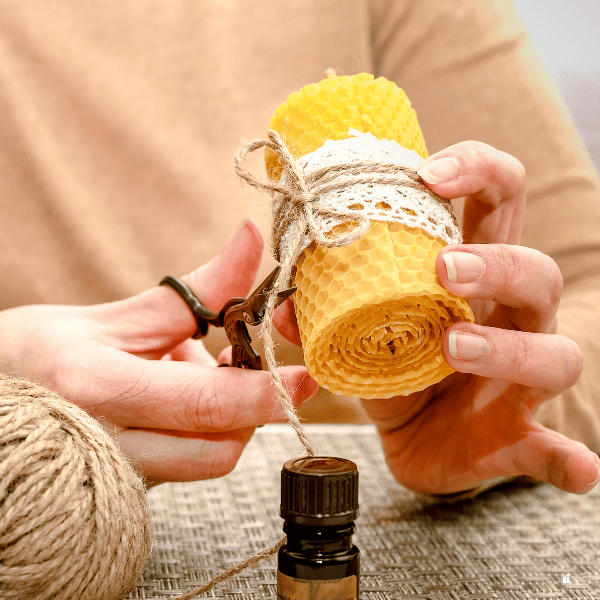
Beeswax Candles: A Product of Sustainable Living
Another way to support bees and sustainable practices is using honey beeswax candles. These candles are made from the wax produced by bees, which they use to build their honeycombs.
Beeswax candles are a much more eco-friendly option than traditional paraffin candles. They burn cleaner and longer, emit less carbon dioxide into the atmosphere, and do not require synthetic fragrances or dyes.
Additionally, purchasing beeswax candles supports sustainable beekeeping practices and the livelihoods of beekeepers. You can also make your beeswax candles at home using beeswax sourced from local beekeepers or through ethical and sustainable sources.
The process of making beeswax candles from hive to home.
Making beeswax candles at home is a relatively simple process that involves melting the wax, adding a wick, and pouring it into a mold or container. However, the journey of beeswax from hive to candle is much more intricate.
The process starts with beekeepers carefully extracting honeycombs from their hives without disturbing the bees. The wax is then melted and filtered to remove impurities, resulting in a pure beeswax ready for candle-making.
By purchasing or making your beeswax candles, you support sustainable practices and create a healthier and more natural home environment.
Beeswax candles can add a warm and natural touch to your home décor. Here are some ideas on how you can incorporate them into your living space:
- Use beeswax taper candles in candle holders for an elegant, cozy dinner table setting.
- Place beeswax pillar candles on a decorative tray or glass jar for a rustic centerpiece.
- Light beeswax tea lights in a Himalayan salt lamp for a calming and soothing ambiance.
- Use beeswax candles with essential oils for a natural and non-toxic alternative to scented candles.
With their natural scent and warm glow, beeswax candles can create a cozy and inviting atmosphere in any home room while supporting sustainable practices.
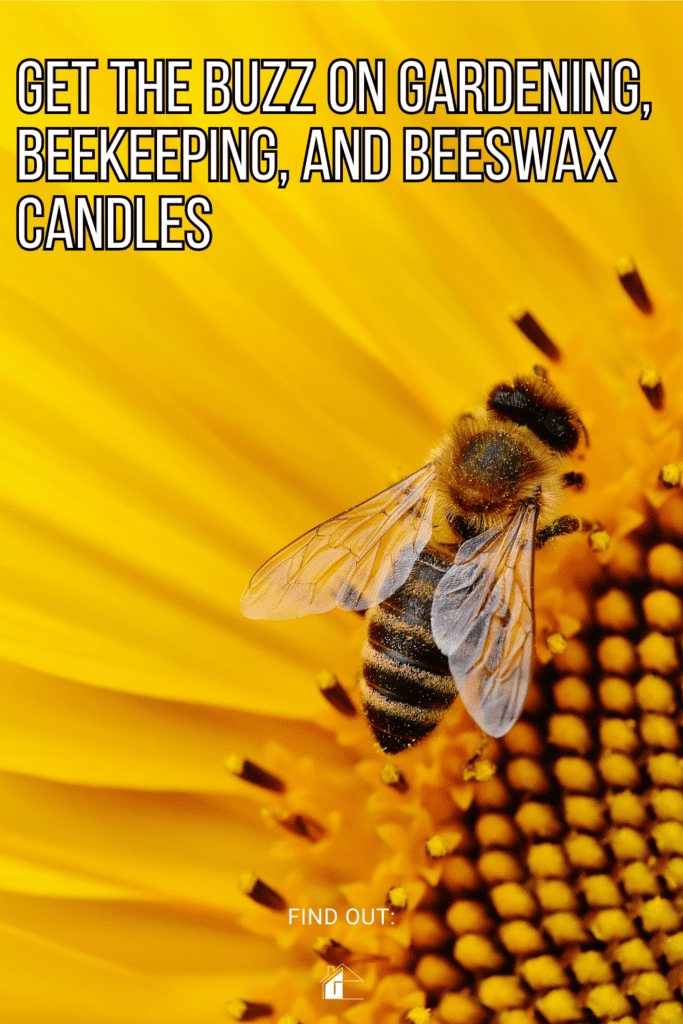
Choose Sustainability for Our Bees and our Planet.
Incorporating bee-friendly practices and using beeswax candles are just a few ways to support the sustainability of bees and our planet. By prioritizing their well-being and promoting eco-friendly alternatives, we can positively impact both the environment and our communities.
So next time you're lighting a candle or tending to your garden, remember bees' vital role and consider how you can support them in your daily life. We can create a more sustainable future for these crucial pollinators and our planet. Happy gardening!

